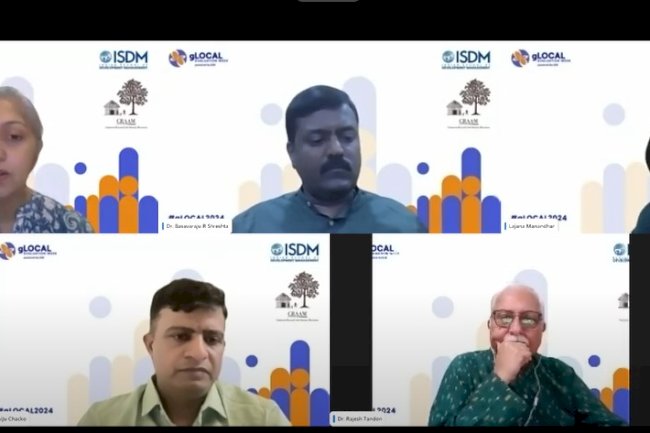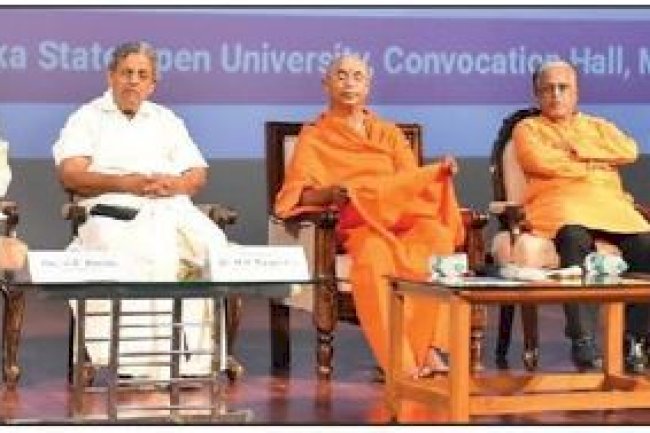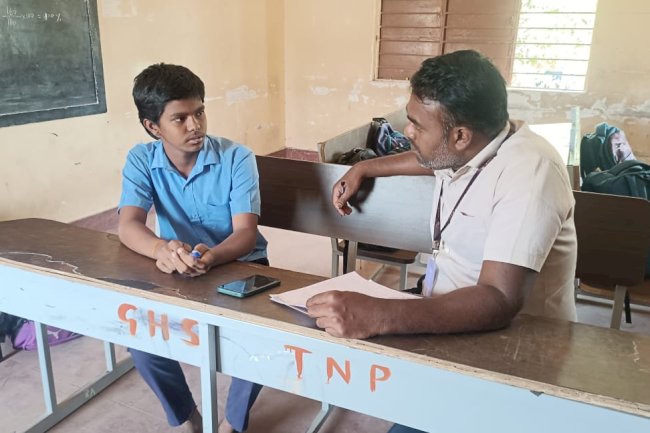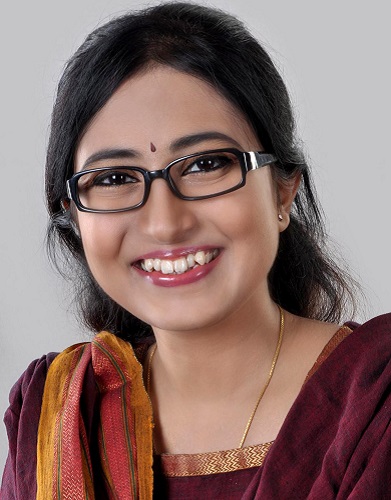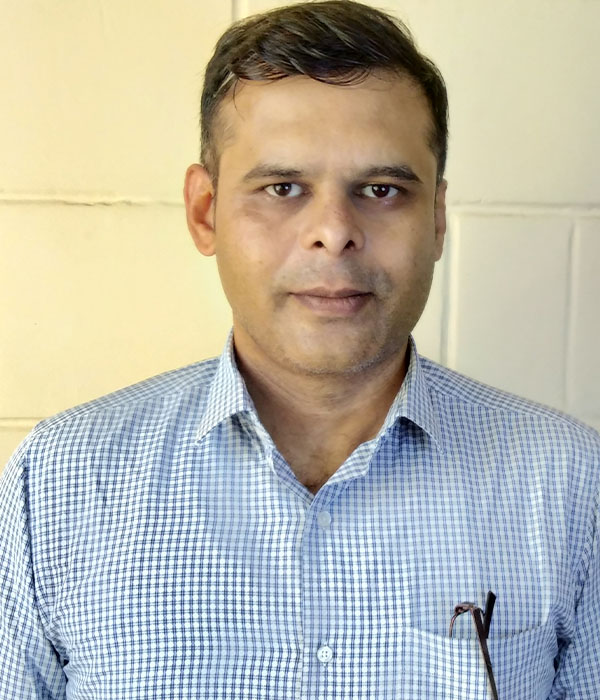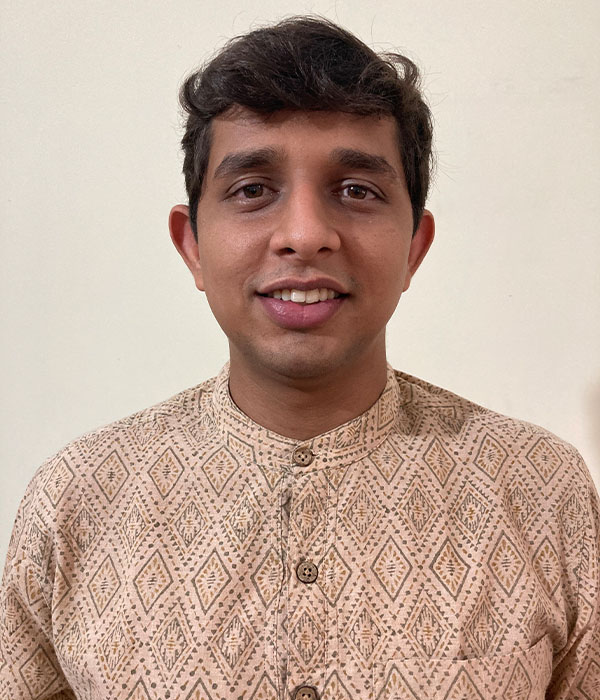Outsourcing Formulation of Policy Options and Legal Implications for Enabling Prescription and Dispensing by Mid-Level Health Workers and Nurses for Primary Health Care in India.
WHO defines a MLHW as “ a mid-level health worker is not a medical doctor, but provides clinical care (may diagnose, manage and treat illness, disease and impairments) or engage in preventive care and health promotion.” Mid-level health workers are also those whose training has been shorter than doctors (2 to 4 years) but who perform some of the same tasks as doctors. But the policy documents, law, government rules and regulations and professional councils has limited the prescription role of MLHS in India.
GRAAM, with support from WHO, has carried out a global systematic review of literature and legal analysis related to MLHW prescription. Indian case studies of Chhattisgarh and Assam (have implemented the MLHW model) and international case studies of South Africa and Thailand were also carried out to generate suggestions for implementing MLHW prescription in India.
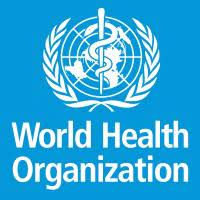
Project Snapshot:
| Project Name | Outsourcing Formulation of Policy Options and Legal Implications for Enabling Prescription and Dispensing by Mid-Level Health Workers and Nurses for Primary Health Care in India. |
| Project Sanction Date | 05 Jun 2019 |
| Project Period | Jun 2019 to Dec 2019 |
| Project Location | Assam & Chhattisgarh |
| Project Supported By |
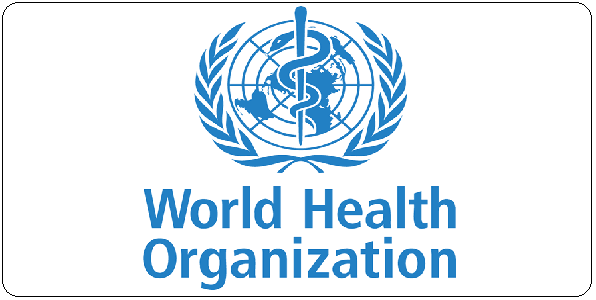
|
| Project Team |
Project objectives:
The Government of India has announced 150000 Health and Wellness centres by 2022. As per this announcement, existing sub centres will be transformed to provide comprehensive Primary health care. These centres have created a need for trained staff and National Medical Commission Act 2019 has decided to create a cadre of MLHWs/Community Health Providers (CHP). These trained staffs are expected to provide clinical care as specified in standard treatment guidelines. As they provide medical care in remote settings in the absence of doctors, there is a need to clarify the scope of practice and range of medicines that can be prescribed by them. But the policy documents, law, government rules and regulations and professional councils has limited the prescription role of MLHS. Thus to operationalize this model, there is a need to study insights from other countries who have implemented MLHW prescription.
Project Result / Accomplishments:
1.Empowering MLHWs should be positioned not in terms of the unwillingness of doctors but as one of making more efficient use of doctor’s time.
2. Training for MLHWs should be customized to the local health needs and health problems.
3.There is a need for patient awareness campaigns with respect to the prescription powers for MLHW prescribers.
4.Drug dosage calculations should be an area of priority in training.
5. Online prescription monitoring systems are very important for the safety of prescription.

